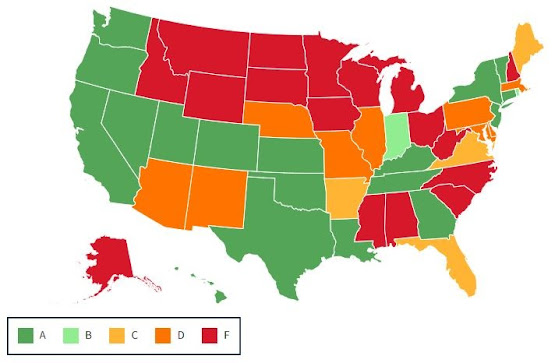SLAPP (pronounced slap)
1980s: An acronym: Strategic Lawsuit Against Public Participation. A lawsuit
filed strategically by a corporation against a group or activist opposing
certain action taken by the corporation, often to retaliate against an
environmental protest.
The purpose of filing a SLAPP is to censor, intimidate, and silence critics by burdening them with the cost of a legal defense until they abandon their criticism or opposition. Such lawsuits have been made illegal in many jurisdictions on the grounds they impede freedom of speech. In legal terms, a suit found to be a SLAPP can be dismissed as an “abuse of process”.
The acronym was coined in the 1980s by two University of Denver academic lawyers. It meant originally a “lawsuit involving communications made to influence a governmental action or outcome, which resulted in a civil complaint or counterclaim filed against nongovernment individuals or organizations on a substantive issue of some public interest or social significance." The idea that a government contact had to be about a public issue, protected by the First Amendment, was later dropped and in the US, different jurisdictions attach different definitions, some even having legislated that it includes suits about speech on any public issue. In Australia, the Protection of Public Participation Act (2008), unique to the Australian Capital Territory (essentially Canberra), protects conduct intended to influence public opinion or promote or further action in relation to an issue of public interest. SLAPP suits existed long before the acronym was coined, the oldest involving the right to petition government in tenth century Britain and there is a clear nexus between First Amendment rights in the US and the seventeenth century English Bill of Rights. Later, in the American colonies, the Declaration of Rights and Grievances (1765) emerged as an outgrowth of the reaction to the hated Stamp Act (1765), and included the right to petition King and Parliament.
The US Institute for Free Speech's (IFS) 2023 map of US states which have enacted "functionally robust" anti-SLAPP laws. The IFS report card rated the states using the tradition school marking system (from "A" (excellent) to "F" (fail (in this instance "non-existent")) and interestingly, there is no clear Republican state / Democratic state divide. The trend is though encouraging because in 2024 Maine, Minnesota and Pennsylvania have all enacted robust anti-SLAPP statutes.

No comments:
Post a Comment